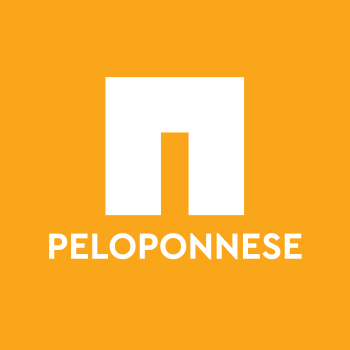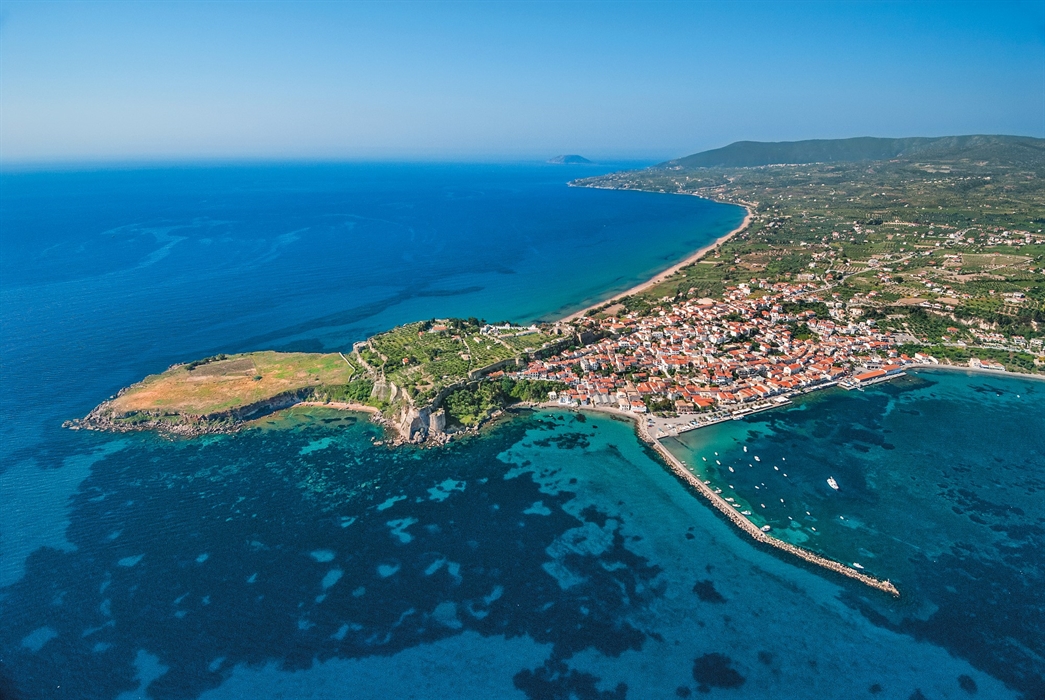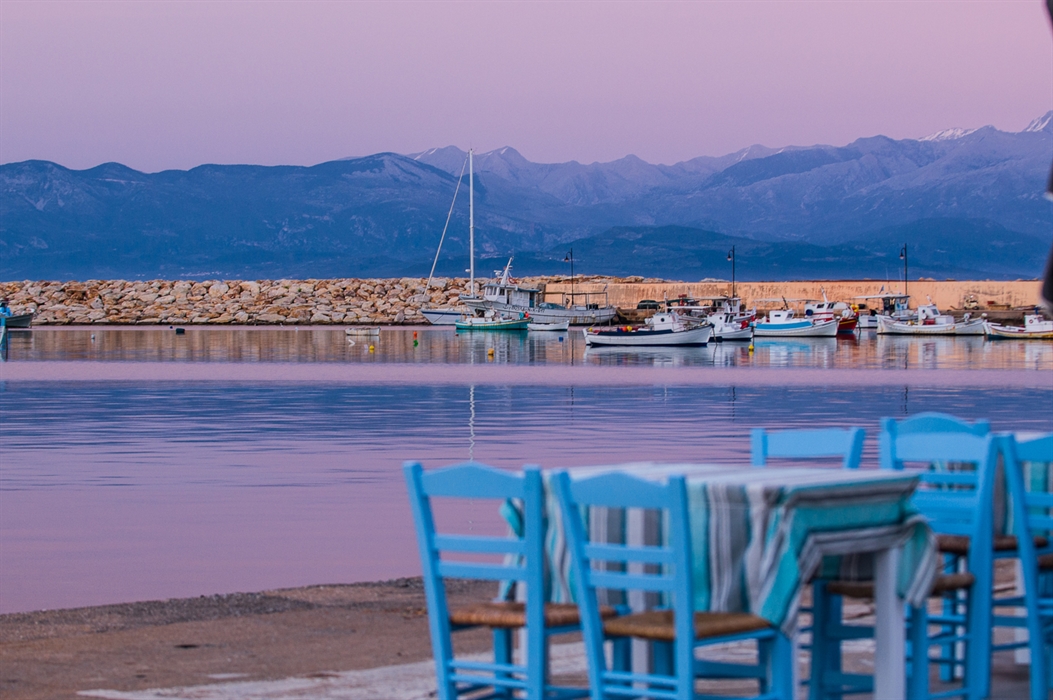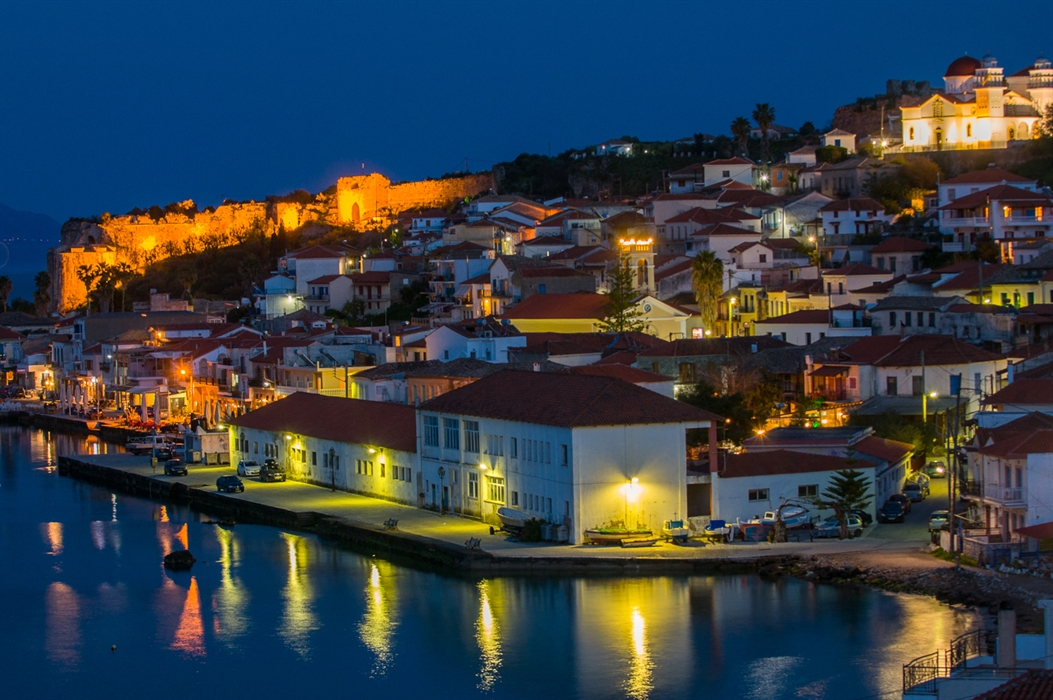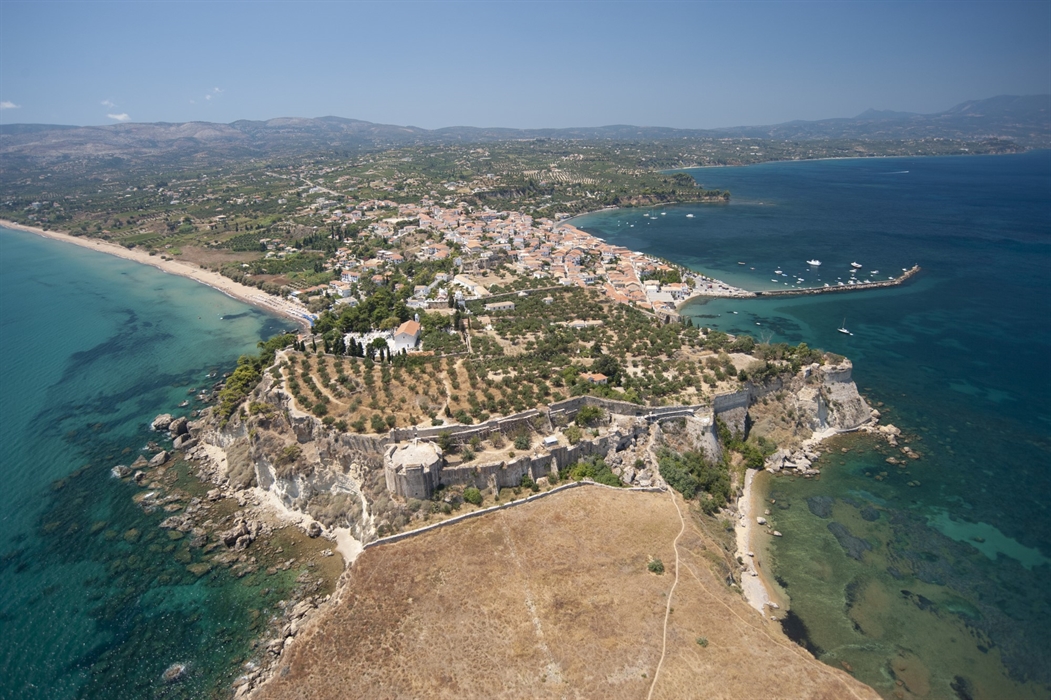Koroni
Koroni has retained much of its traditional architecture and enchanting old-world aura. It’s a great place to soak up the atmosphere, and of course the castle is a “must” for anyone who wants to learn about the town’s history, or just to explore the ruins and enjoy some great views. Koroni is also an official UNESCO ambassador for the Mediterranean Diet.
The settlement of Koroni over time managed to preserve several elements of its traditional architecture. In fact, the tile-roofed two-storey buildings with their foyers and elegant balconies, the staggered whitewashed paving stones and the flowered inner courtyards make it reminiscent of an island settlement.
Historically, the town within the castle (which the Venetians called Coron), together with Methoni, had significant strategic importance -they were even called the “Eyes of Venice”. They flourished from the 13th to the 17th century and their ports played an important role in the development of trade to and from the East. Along with the export trade, craftsmanship was also developed in Koroni.
The centre of the settlement is the central square featuring palm trees and the church of Agios Dimitrios, of Ionian art from 1864. The most popular spot for visitors is the waterfront with the pier. It is now full of fish taverns, cafes, pastry shops, tapas bars (ouzeries) and more. Parallel to the waterfront is the so-called Kato Dromos, full of shops and other establishments.
Some historical notes. Pausanias mentions two versions for the name of ancient Koroni. According to one of them, it took its name from a bronze coin depicting a windlass found when the foundations for the walls were being dug. It is also said that its original name was Koroneia, given by the settler Epimilidis, who came from Koroneia in Boeotia. The locals could not get used to the name, so they changed it to Koroni.
Ancient Koroni was situated a little further north, in Petalidi area. In the present location of Koroni there was ancient Asini, where inhabitants from Argolida of the oligarchic faction settled when they were expelled by the republicans of Argos as traitorous allies of the Lacedaemonians.
The Mediterranean Diet. Koroni, together with 6 other cities, has been selected as an “emblematic community” that promotes and protects the Mediterranean Diet, which UNESCO has declared to be part of the world’s "Intangible Cultural Heritage" (https://mediterraneandietunesco.org).
If you’ve been inspired to try some of the ingredients of the Mediterranean Diet, the local shops sell the famous and delicious Koroneiki olives and olive oil, locally produced wines and raisins etc.
The Maniatakeion Foundation has its base in Koroni. The non-profit foundation, which was founded in 1995 by the economist-entrepreneur Dimitris Maniatakis and his wife, writer Eleni Tagonidi Maniataki, is housed in an impressive neoclassical building. Its goal is the systematic promotion of the historical and cultural presence of Koroni in Greek history (https://www.maniatakeion.gr/en/).
Did you know that
Koroni is 52 km from Kalamata.
Location
Find the destination on the interactive map below.
Σχετικό περιεχόμενο χρηστών (UGC)
Ενημερωθείτε για ενδιαφέροντα θέματα γύρω από τον προορισμό μέσα από το περιεχόμενο των χρηστών μας
Discover 7 hidden gems of the Peloponnese
Many of you may have already visited some of the most renowned attractions…
TOP 10 archaeological museums in the Peloponnese
Olympia, Mycenae, Epidaurus, Diros Cave, Ancient Corinth, Messene and…
TOP 10 Castles in the Peloponnese
Castles galore! Mystras, Monemvasia, Palamidi, Methoni, Koroni,…
Newsletters
- About us
- FAQ's
- Map
- Tourism information centers
- Disclaimer
- Sitemap
- Our brand
- Media roum
- Adding your bussiness
- Corporate
- MICE

Peloponnese. Greece beyond the obvious
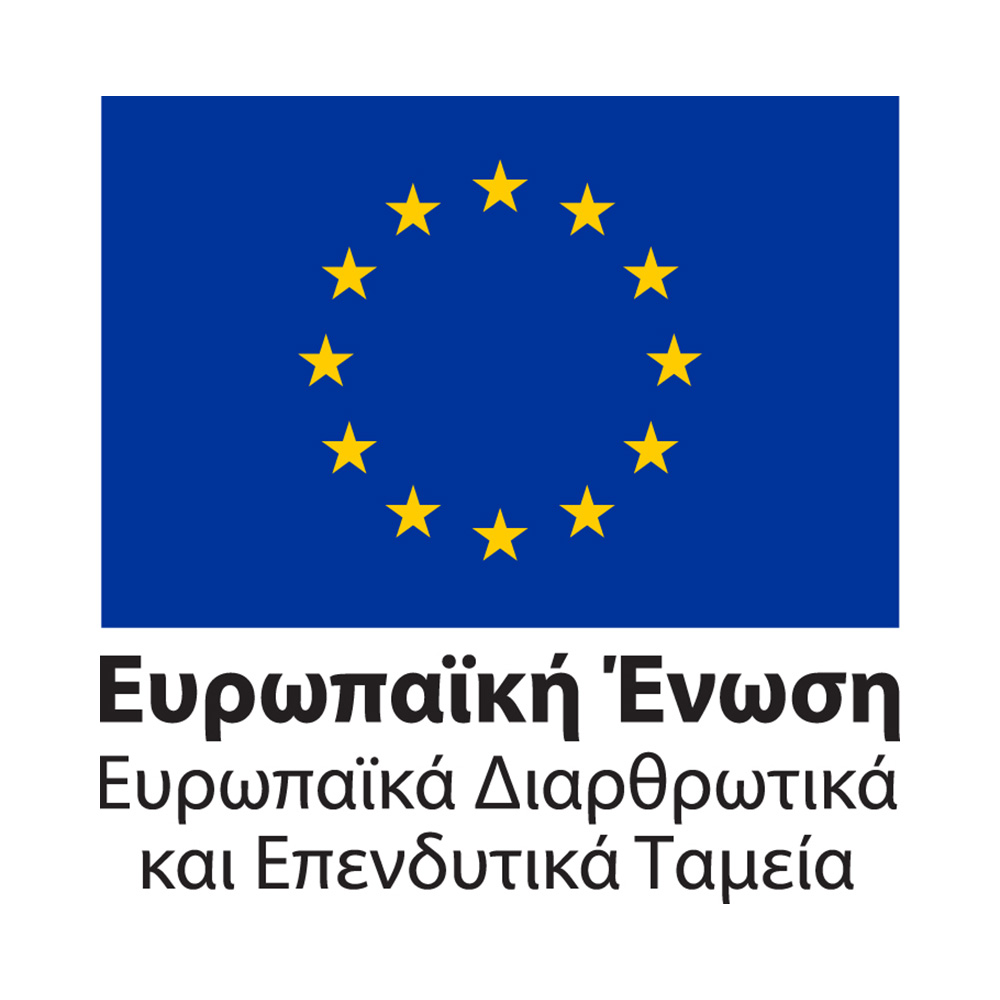
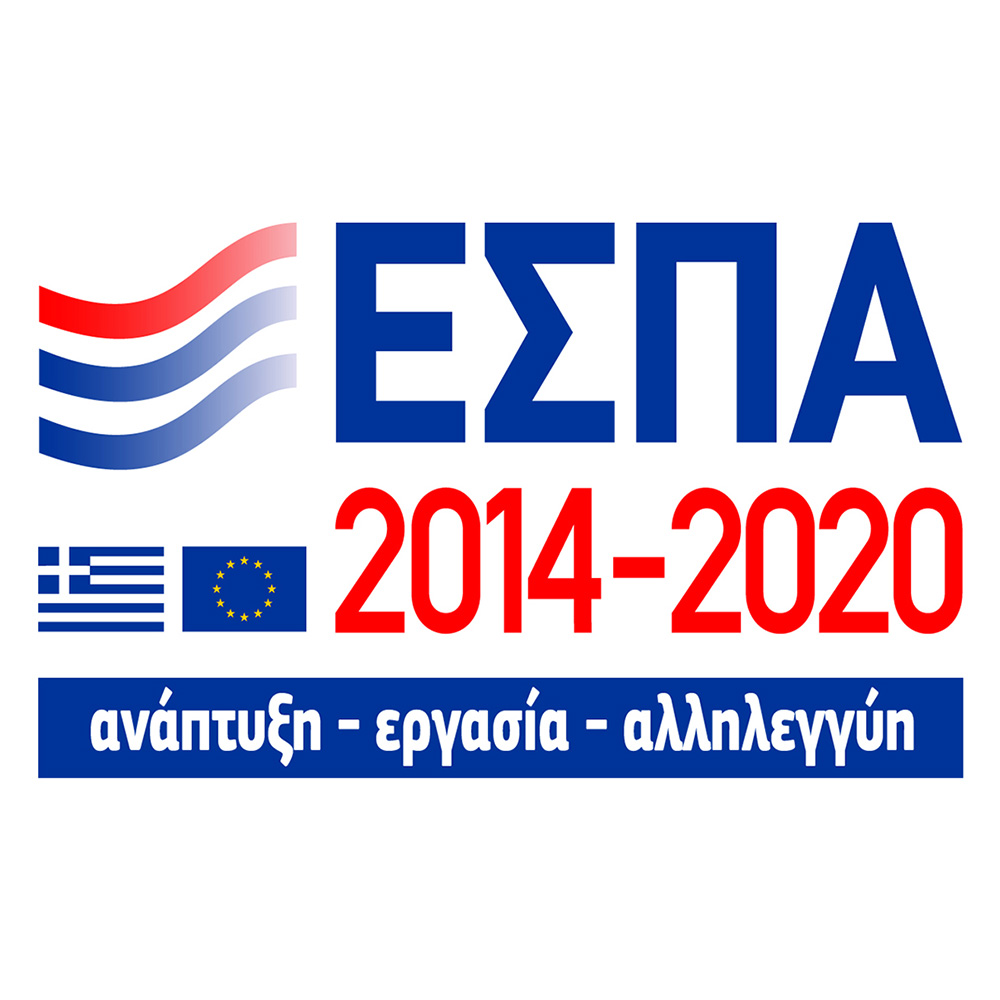
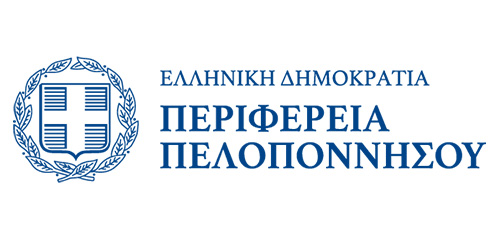
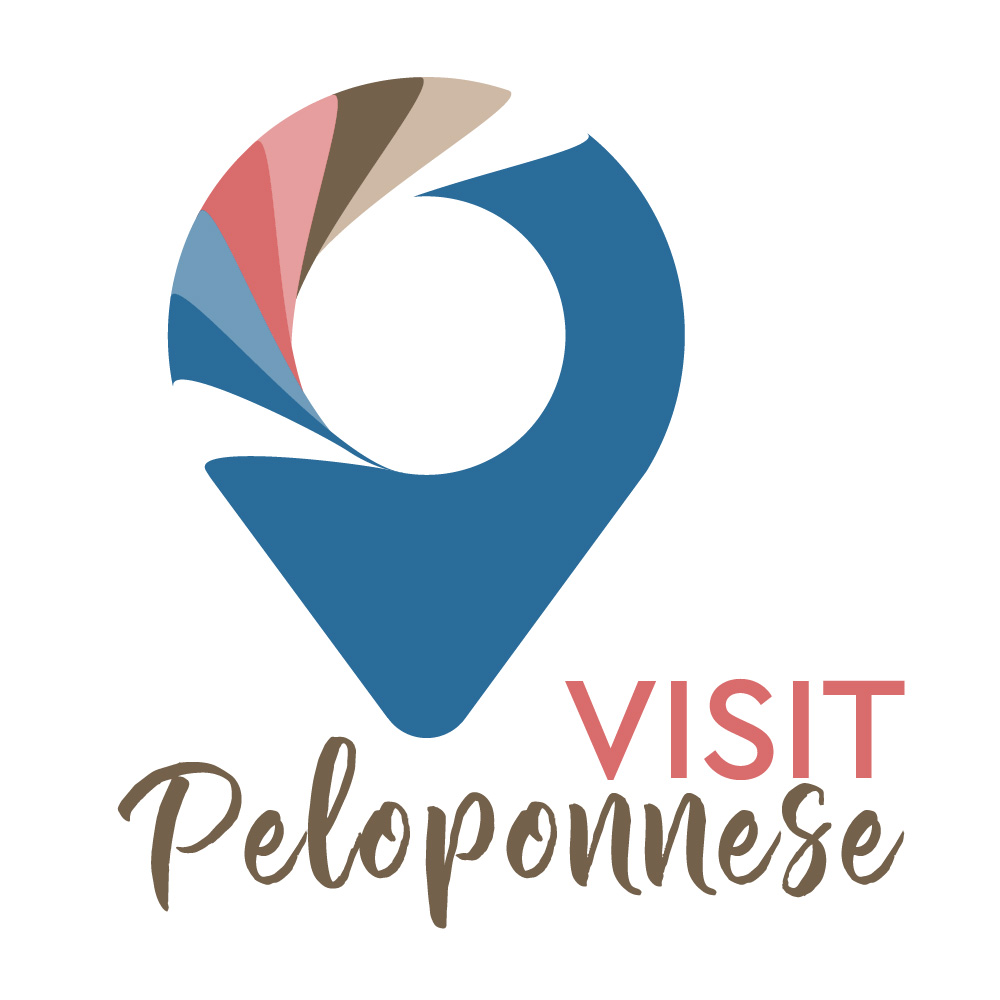

Design and creation from Cosmote
Marinas and Moorings
Diving centers
Get inspired
- Media gallery
- Blog
- The Peloponnese in the media
- Your feedback
- Users' general content
- Users' local products
- Users' events content
- Ask a local
More
- Accommodation
- Travel agencies
- Restaurants
- Services
- Destinations Map
- Weather
- Public transport
- Events
- Frequently asked questions
- Useful phones
- B2B
- Destination Data
- Contact
